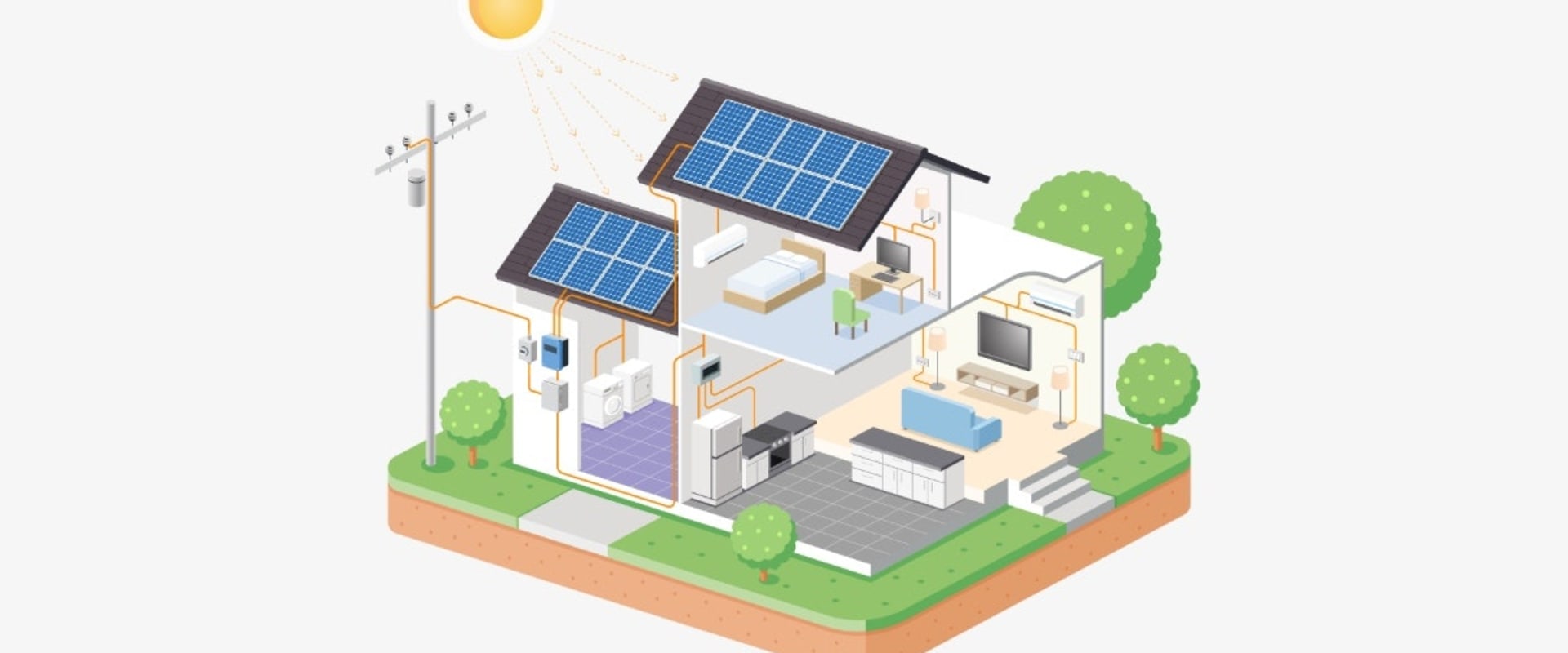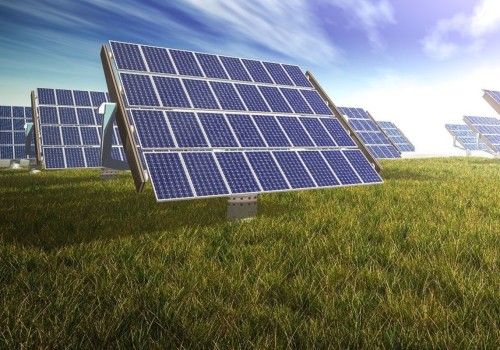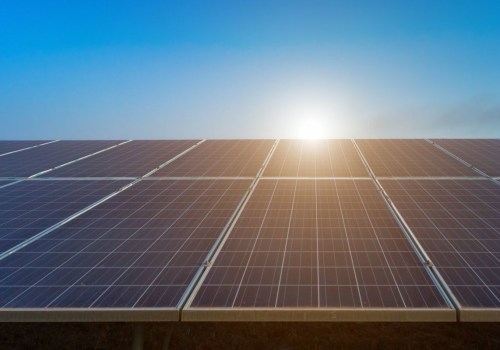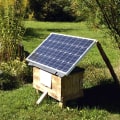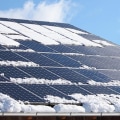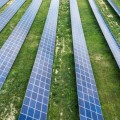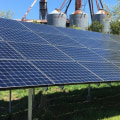Solar energy is a clean and renewable energy source that is becoming increasingly efficient and affordable. It works by capturing the sun's energy in photovoltaic cells and converting it into usable AC electricity. This article will explain how solar energy works in a home, how it works at night, and the role of batteries in solar energy systems. It will also discuss the cost of solar energy and how to get a solar panel system up and running.
Solar panels are made up of photovoltaic cells that capture the sun's energy and convert it into direct current (DC) electricity. This DC electricity is then sent to an inverter, which converts it into alternating current (AC) electricity, which is the type of electricity used in homes. The AC electricity is then sent to the electrical panel, where it powers lights and appliances. If there is more solar energy than what is needed, the excess energy will be sent to the power grid. At night, solar panels do not generate electricity.
To provide power during these times, battery solutions are available, although they tend to be expensive and have a short service life with warranties of only 5 to 10 years. In some places like California, you can take advantage of state battery purchase incentives and use time-of-use (TOU) rates to see some savings. The cost of solar energy has decreased significantly over the years due to investments by the Office of Solar Energy Technologies. In some cities across the country, solar is already cost-competitive with electricity sold by local utility companies. However, installing a solar panel system can be expensive at first.
To help reduce costs, you can search for local businesses that install solar panels or take advantage of state incentives. Solar panels are more efficient in cold climates than in hot climates. Some people use solar energy to meet all their energy needs, either because they are looking for an off-grid lifestyle or because grid connections are not available or expensive to connect (this is often the case in remote areas).The Reliant 100% Solar plan matches 100% of your energy consumption with Renewable Solar Energy (REC) certificates. This plan also includes a SEIA Residential Lease Disclosure Form that helps consumers better understand the terms and costs of their solar leases. Thanks to modern technology, solar energy is becoming more efficient and affordable every year. With the right resources, you can get a solar panel system up and running on your roof in a matter of weeks.
By doing so, you can reduce your electricity bills and do your bit in the battle to live self-sustainably or at least reduce your carbon footprint.
